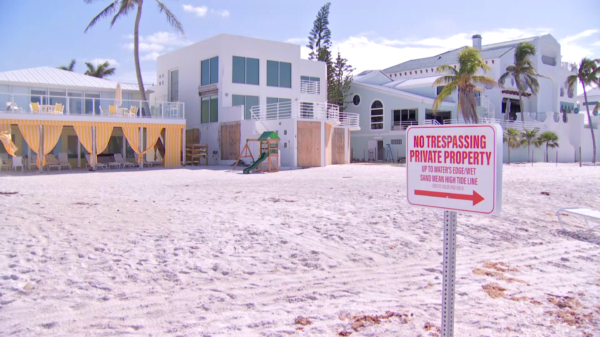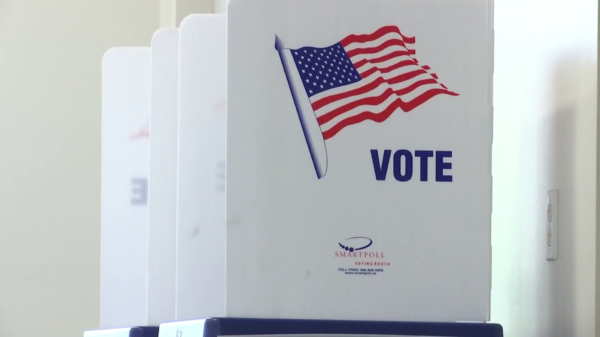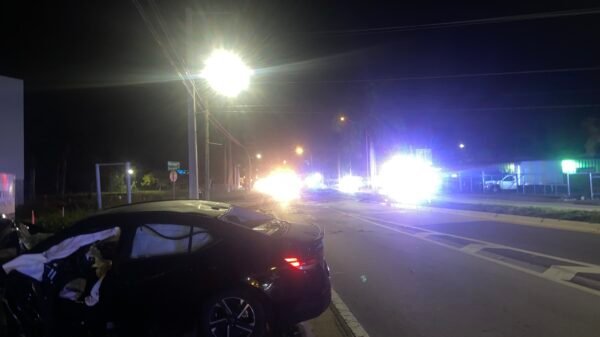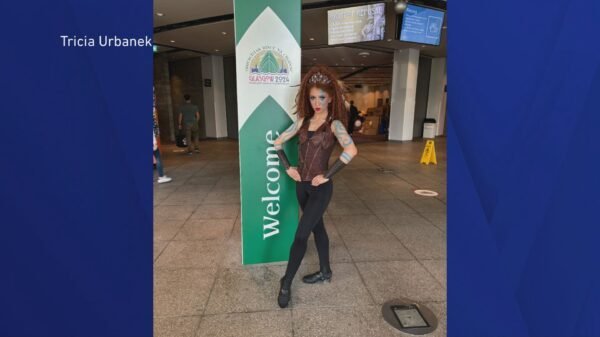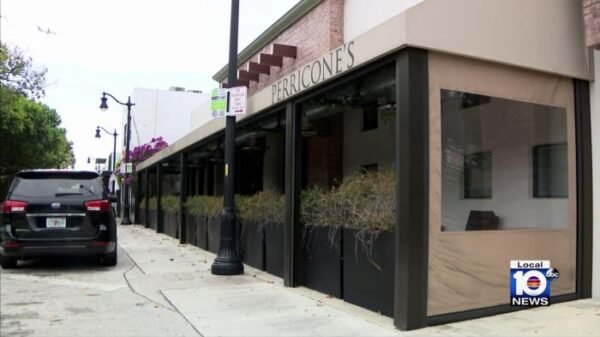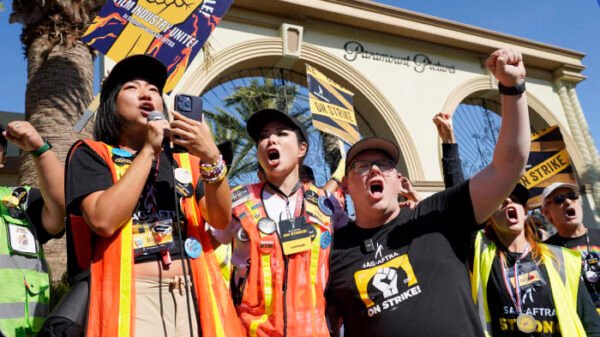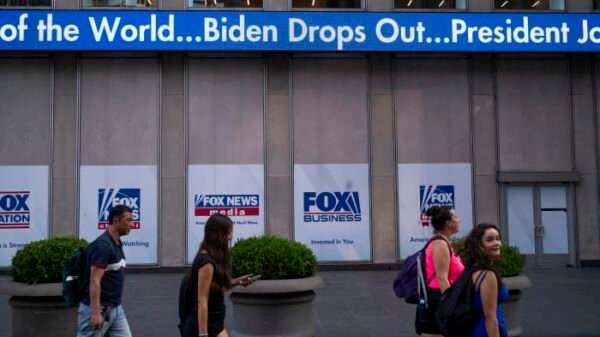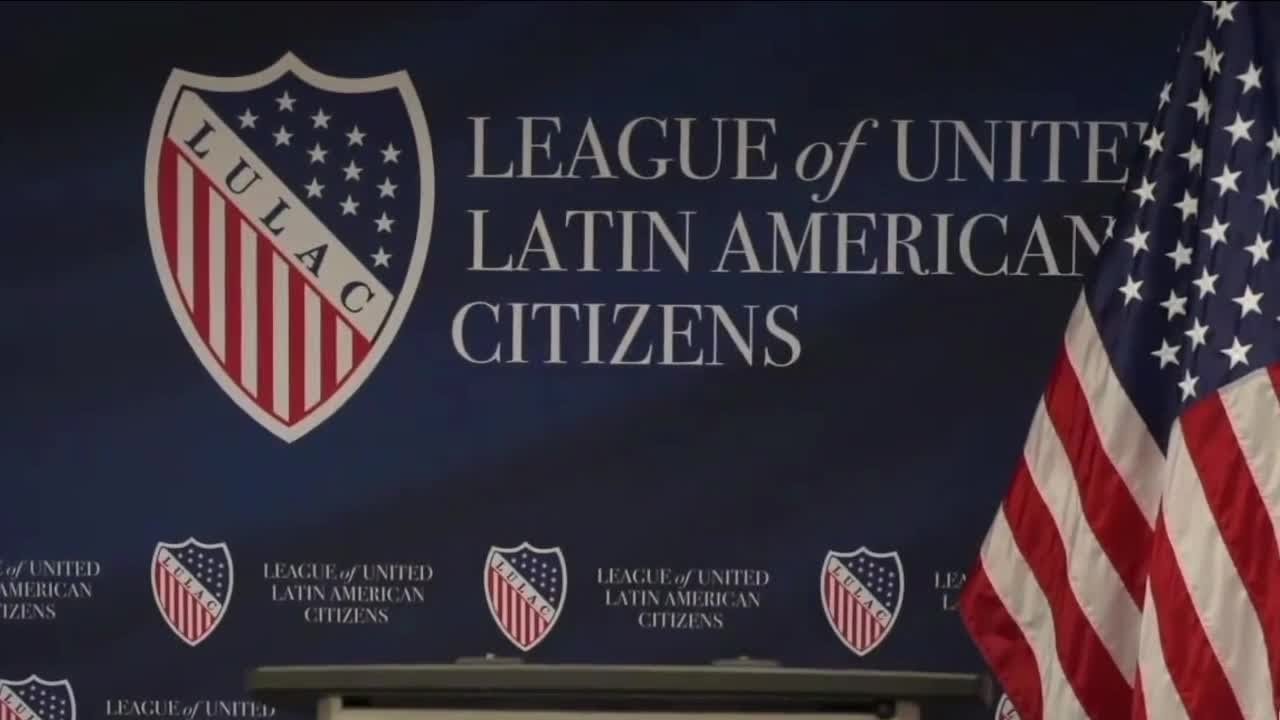Florida’s new immigration law, which requires employers to verify the immigration status of new hires and increases penalties for businesses that knowingly employ undocumented workers, has sparked controversy among advocates and business owners. Many workers are now boycotting Florida businesses that support the new law, as they feel it discriminates against immigrants and creates an unwelcoming environment. In this article, we will explore the impact of these boycotts on the Florida workforce.
Introduction
Florida passed a new immigration law that has caused a stir among immigrant communities and activists. The new law, which was signed by Governor Ron DeSantis in June 2019 requires employers to check the immigration status of their workers and penalizes them if they hire undocumented immigrants. The law also mandates local law enforcement agencies to cooperate with federal immigration authorities in their efforts to detain and deport immigrants. This legislation has led to protests and boycotts in the state.
Boycott Strategy
Boycotts have been used as a tool for social justice since the 18th century. The strategy involves refusing to purchase goods or services from a company or organization in protest of their policies or actions. Boycotts have been used to achieve various goals such as ending racial segregation and discrimination, workers’ rights, economic justice, and environmental sustainability. Boycotts can be effective in putting pressure on organizations and governments to change their policies. In the case of Florida’s new immigration law, boycotts have been used to pressure businesses and lawmakers to repeal the law and end the criminalization of immigrants.
The Impact of Boycotts
Boycotts have both positive and negative impacts on the targeted organizations and the wider community. The main benefit of boycotts is that they draw attention to the issues and grievances of the affected groups, and force organizations to address them. Boycotts can also result in financial losses for the targeted organizations, which can pressure them to change their policies or at least appear to do so. Boycotts can also inspire other groups to take action, thus creating a ripple effect.
However, boycotts can also have negative consequences. For example, they can lead to job losses, especially for low-wage workers who may rely on the affected industry for their livelihood. Boycotts can also create divisions within communities and lead to the stigmatization of certain groups. In some cases, boycotts can even result in the opposite of the intended effect, as some consumers may choose to support the targeted organization in response to the boycott.
Boycotts over Florida’s New Immigration Law
Several groups, including immigrant rights organizations, labor unions, and civil rights groups, have launched boycotts in response to Florida’s new immigration law. Some major businesses in Florida, such as Walt Disney Corporation and Delta Airlines, have also expressed their concerns about the new law. The Boycott the State of Florida campaign, for example, is urging consumers and businesses to avoid travel to Florida, and to divest from companies headquartered in the state. Another campaign, led by the Southern Poverty Law Center, is targeting private prison corporations, which profit from the detention and deportation of immigrants, in an effort to pressure them to end their contracts with the government.
Conclusion
Boycotts are a powerful tool for social justice, but they also have their limitations and potential negative consequences. The boycotts over Florida’s new immigration law highlight the ongoing struggle for immigrant rights and justice, and the need for diverse strategies to achieve these goals. While boycotts may pressure organizations and governments to change their policies, they must be used strategically and with a long-term vision. Ultimately, the boycotts over Florida’s immigration law are about standing in solidarity with immigrants, and challenging the systemic injustices that they face every day.

